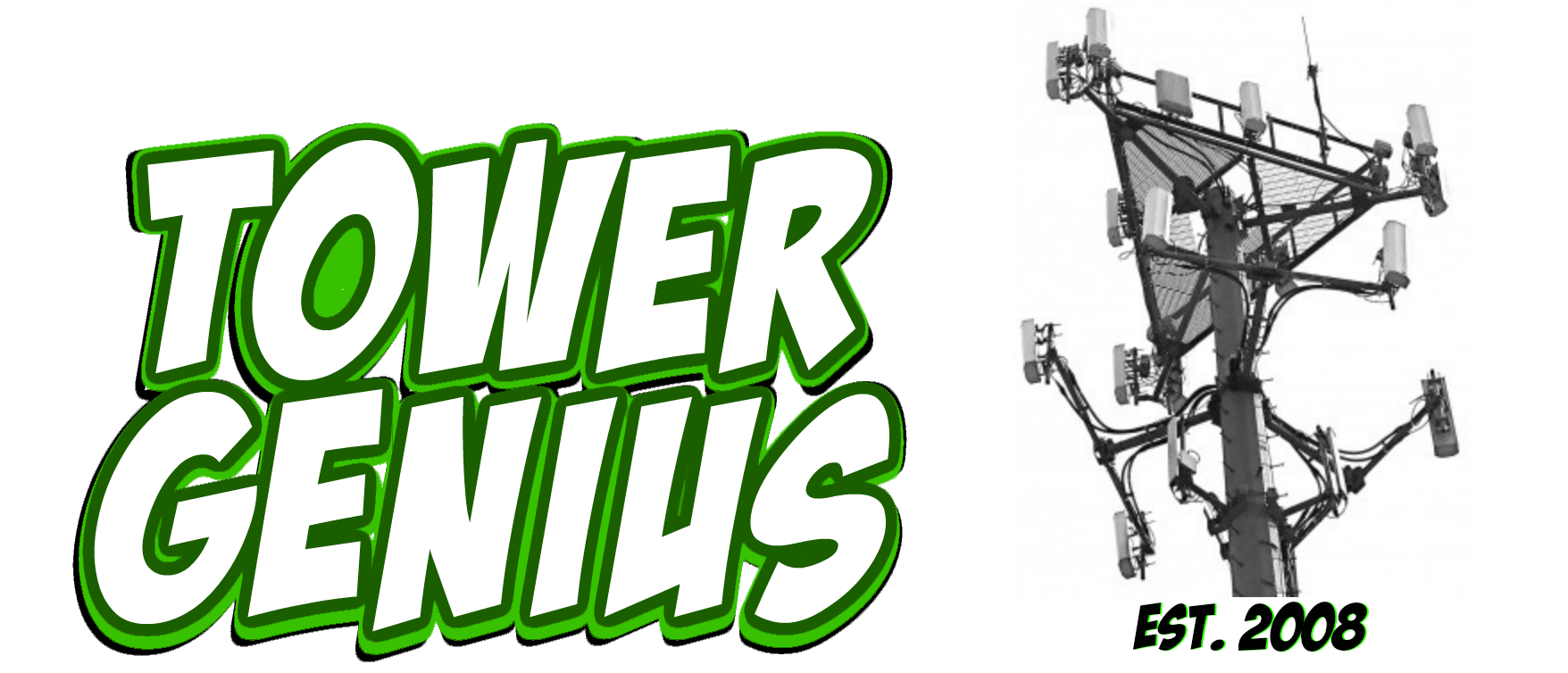
- Do you have questions about cell tower lease buyouts? Are you hoping to get answers from an industry expert?
- Are you considering selling your lease? Worried you might not get fair compensation?
We’ve got the answers you need! Tower Genius is one of the most trusted and sought-after cell tower lease buyout consulting companies in the country, and every day we get questions about what we do.
In this guide, we answer all the common questions individuals have regarding cell tower lease buyouts, and with this information, you can ensure your lease gets bought out for a fair amount. There’s a lot to cover, so let’s begin!
Cell Tower Lease Buyout FAQ
1. What is a cell tower lease buyout?
A cell tower lease buyout is when one party purchases the rights to a cellular tower lease from the landlord. Usually, the following factors are involved in a buyout:
- A seller – This is the land owner, building owner or cell site landlord who is currently leasing the site to T-Mobile, AT&T, Verizon, American Tower, Crown Castle or SBA Communications.
- A buyer – This can be a hedge fund, a cell tower company, or a cell tower lease buyout firm.
- A lump sum payment – This is the amount paid at closing; it’s usually a multiple of the annual rent, anywhere from 12X to 19X or 20X of your annual rent payments.
- A long-term easement – Usually a 99-year or perpetual easement, it transfers the right to collect rent from the cell tower company to the buyer.
- How Much Is My Cell Tower Lease Worth? – Just ask Tower Genius 888-313-9750, press Option-2 for Lease Buyouts.
Remember, there’s no single number that applies to all situations. That said, a general rule of thumb is to multiply the annual rent by 17X. The value you arrive at is the approximate value of your cell site lease buyout. Keep in mind that this figure is a rough estimate, and the actual value of your cell phone tower lease might be more or less (depending on other factors).
2. What Are the Factors That Determine the Value of a Lease Buyout?
Not all cell tower leases are created equal. Some are worth more than others. The value of your lease is determined by several factors, including location, ability to add more tenants, time left until lease expiration, existence or absence of a Right of First Refusal (ROFR) and the level of rental escalation. For example, leases that have higher rent escalations are worth more. If your cell tower lease has an annual escalation of 3%, it’ll be worth significantly more to the cell tower company, and you should be compensated accordingly. And leases that contain a ROFR are worth less.
3. Should I Opt for a Cell Tower Lease Buyout?
Deciding on this question can be tough. Before you go and accept a cell site lease buyout offer, weigh the pros and cons so you can make an informed decision. Tower Genius can help by providing you with the lease buyout information that you need to evaluate the situation and make the bet decision for your situation.
When to Keep the Lease
- You do not require the lump sum payment immediately or yo really don’t need the money. You are happy collecting long-term rent.
- The risk of termination is low on suburban or rural cell phone towers.
- If the lease is undervalued, and there are less than 15 years until lease expiration, you can extend the lease instead of selling it; negotiate a higher lease rate when you do renew the lease.
Remember that even after you sell the lease, the cell tower company will have legal access to the property and equipment.
When to Choose a Lease Buyout
- You plan to sell the property and do not want the cell tower to hinder the sale.
- You’re in need of a large lump sum payment; the money you receive from the buyout could be used to get you out of a financial jam.
- You’re planning to liquidate your assets after a divorce or for estate planning purposes.
- The cell site lease could be terminated in the future, especially in heavily populated urban areas with rooftop cell sites where carriers can deploy 5G site in the right ow ways very inexpensively. In this case, it probably makes sense to cash in with a lump sum payment and let the buyout companies take the gamble.
- You’re tired of dealing with calls and negotiations that go nowhere.
- What Should I Watch Out for When Selling the Lease?
We can help you when you need to negotiate the cell tower lease buyout. But, if you’re doing it alone, make sure you:
- Compare Offers: This way you have a clear idea of what the lease’s market value is. With this knowledge, you can more easily choose the best offer. Of course, it’s crazy to go it alone. Sure, we’ve done these hundreds of times…
- Don’t Fall Prey to Lease Buyout Scams: Every day there less than honorable folks who are waiting to take advantage of vulnerable landowners. Do not be misled by big claims. Do your due diligence to find the best option for you.
- Ask for a Copy of the Easement or Lease Assignment Letter: Review carefully before you sign.
If you need help with negotiating a cell tower lease buyout, connect with Tower Genius at 888-313-9750. Our lease buyout experts can help you save time, save you the headaches, and save thousands of dollars, and they’ll work with you to maximize your deal.

